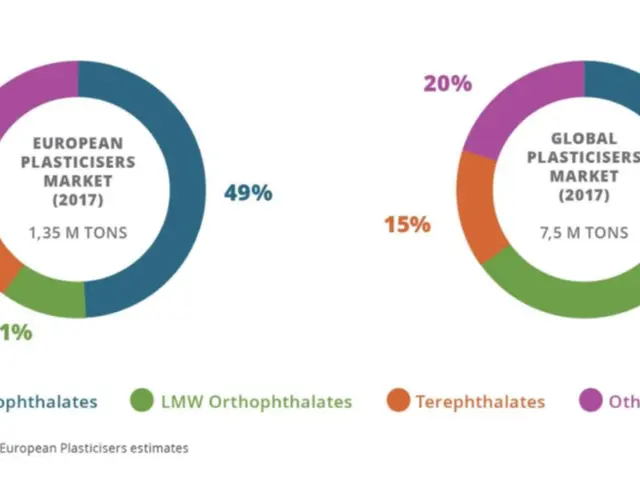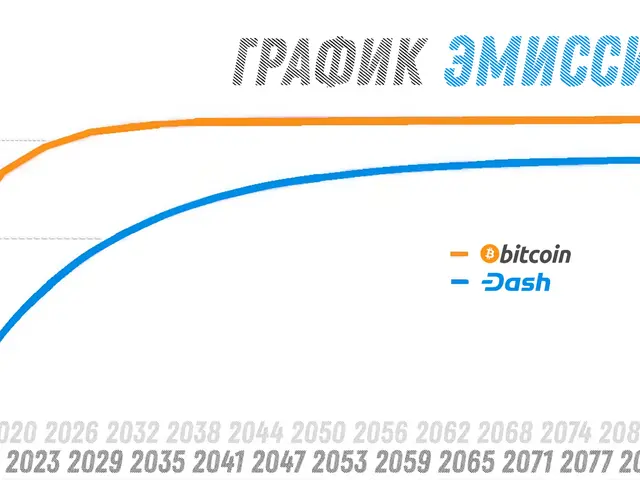AI and Industry's Upheaval: Christian Schlögel's Perspective
Meet Christian Schlögel, Chief Digital Officer at Körber AG, a multinational technology group with a rich history in mechanical and plant engineering. As Körber expands its digital offerings, including AI, Schlögel shares his insights on the potential of AI in industry, its role in climate protection, and its impact on the workforce.
OpenAI and AI as a Common Good
When asked about Altman's crisis with OpenAI and the ethics of AI, Schlögel supports the notion of AI as a common good. However, he acknowledges that for a company like OpenAI to sustain itself, it requires massive investment.
Generative AI in Industry
Generative AI, a subset of AI, goes beyond traditional data analysis tasks by creating new things. Schlögel shares two examples from Körber AG:
- Optimizing paper processing machines with AI recommendations to save energy and increase output.
- Using image recognition in pharmaceutical industries to recognize errors in vials and accept or reject them.
Schlögel also mentions the use of AI in writing internal audit reports and crafting customer support solutions, reducing manual labor to a few seconds.
AI: Climate's Unlikely Ally
Schlögel emphasizes the importance of powering AI data centers with green electricity, as the benefits must outweigh the costs. He also discusses the potential to build AI models on smartphones in the future to reduce the carbon footprint.
AI in Industrial Production
Generative AI is not yet widely used in industrial production, with most companies still in the early stages. Schlögel highlights Mercedes-Benz as one of the pioneers using AI in quality management and communication.
Emerging Regulations
With increasing AI adoption, Schlögel talks about the role of global regulations such as the EU AI Act and the EU Data Act, which aim to protect user data and provide control over it.
The Future of AI in Germany
Schlögel focuses on Germany's potential to catch up in the use of generative AI by fostering a collaborative environment between universities, startups, and industry. Aleph Alpha from Heidelberg, a local company, is offering hope in this regard.
Overcoming Challenges & Ethical Concerns
Two primary challenges exist in implementing AI: understanding the technology and securing venture capital for innovative companies. Addressing these concerns can unlock the potential of AI in industry. Ethical concerns, like the risk of deepfakes or AI domination, are also discussed.
Impact of AI on the Workforce
AI is expected to replace some jobs and create new, higher-value tasks that require human oversight and creativity. The shift in roles and responsibilities due to the AI integration will continue to shape the workforce.
Throughout this interview, Christian Schlögel highlights generative AI's importance in driving innovation, reducing costs, and improving efficiency in the industrial sector. Despite challenges and concerns, Schlögel remains optimistic about the future of AI in Germany and its role in addressing climate change.








